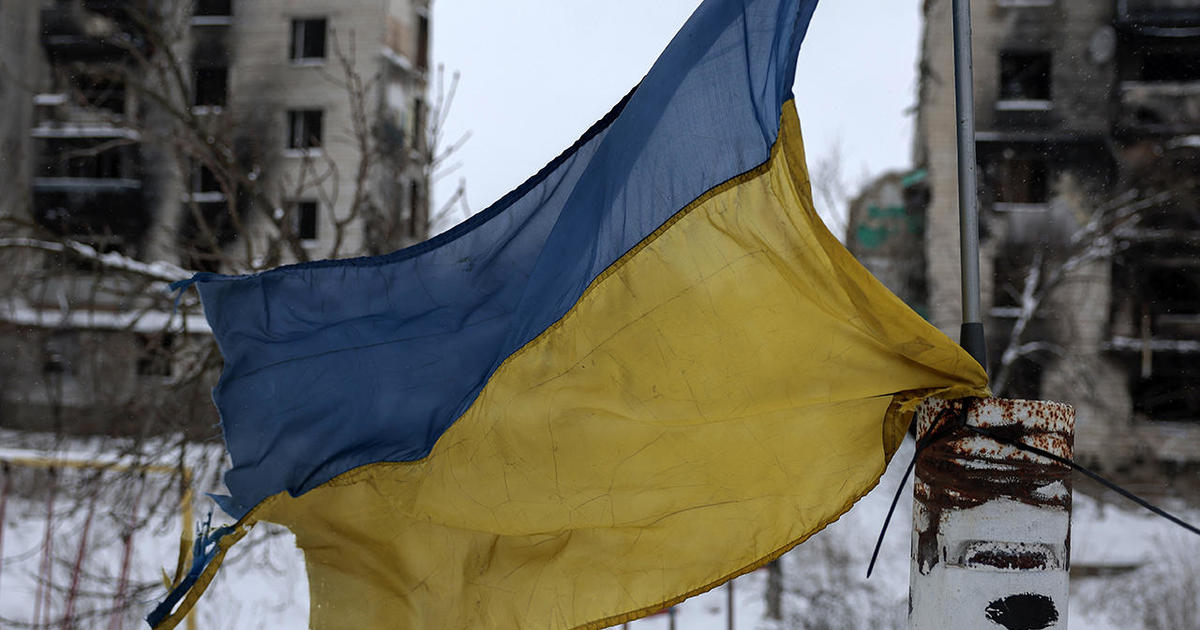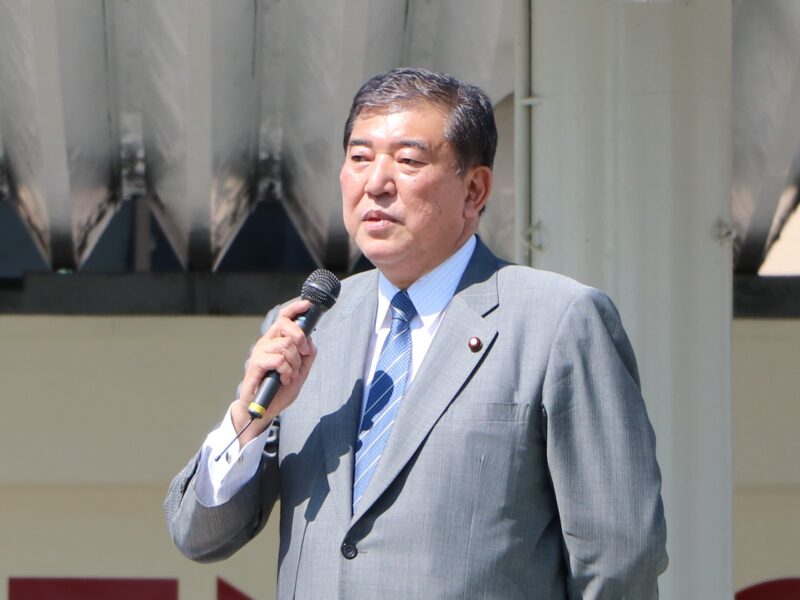Over the past couple years, I’ve been really fixated on the idea of the Great Desensitization.
I noticed it one year ago, when the Ukraine invasion first began. I tried not to give in and obsess over it at first, but as I am wont to do, it happened anyway. I kept a tab open on all my devices for the Reddit live updates page, where something like 100,000 people were all watching as the posts came in. The world was watching as the invasion looked to be a horrible conquest… But then the reports came in about the tides turning. The defenses holding on. Air superiority. It was a few days of the entire internet fixated on the miracle at Kyiv as Ukraine held back the invaders.
But the war didn’t end. It’s still going today, slower but just as bloody and barbaric. And very quickly, the live update viewers in the thread went down. 30,000 a few days later. Then 10,000, then 5,000. Now, as I’m writing this, just 340 viewers.
I’m part of that. I was checking every day, 3 or 4 times a day, for all of February and all of March. By the time April rolled around, it was probably down to once a day. Then every couple days by June or July. And now I’ve found myself forgetting to check up on the news even once a week.
Back in Golden Week last year, I remember walking the streets of Aomori City, with signs plastered on local businesses that rallied support for Ukraine. Some even flew the flag. But now, a year into the war, it’s faded just enough that we’ve lost all that. Our attention spans have long since given up paying attention to this drawn out conflict, and on holding leaders accountable to helping it end. I’m at fault, and so is everyone else.
But I don’t blame anyone, really. Fifty years ago, when reports came in about the horrors in Vietnam, or the military coups in South America, or the civil wars in post-colonial Africa, they’d be an article in the newspaper, or a segment on the nightly news. Updates would come daily at best, and usually less frequently for that. With the advent of social media, though, we’re getting these updates instantly. Seconds for each tweet and each Signal message and each Discord post. Misinformation-generated myths like the Ghost of Kyiv were able to build up, gain steam, be debunked, and still make an impact anyway all because the sheer speed with which they came to fruition.
That kind of speed is not healthy for humanity. It’s certainly not healthy for me, who has a tendency to get intensely obsessed with real world events like this. But we can’t put the genie back in the box, even though I’m not sure the genie was ever supposed to be in the box in the first place.
The only real collective coping mechanism we have is to just let it all wash over us. The Great Desensitization, I call it. One year after Ukraine, and it’s stopped being an important event in our lives. It has major indirect impacts on us via the economy, on food prices, on democratic backsliding across the world. We can’t bear the stress and anxiety to constantly think about it, so we end up letting more direct life priorities pass it up. We can’t directly make an impact as individuals, so we leave it to the people who can, and stop paying attention.
There’s so many things I’ve noticed in myself and everyone around me, where the Great Desensitization has taken hold. It’s especially notable in recent years with, you know, all the crap since 2020. COVID, obviously, is the biggest one. Same deal as Ukraine, for me. Constant obsession, anxious fretting every day. In this case, it really did directly impact all of us, and it lasted so much longer in our collective consciousness. But over time, the restrictions became a nuisance, safety improved a little, and daily life sort of resumed. Cases around the world are still around 200,000 a day, about as much as it was in spring 2020. But we’ve all but stopped even thinking about it in many parts of the world. Right now, here in Japan, we just came off of the deadliest month for COVID in history, with over 300 deaths a day for most of January. But the Great Desensitization meant that, I must admit, I didn’t even look up case numbers. I didn’t even take any real precautions while traveling during winter break, beyond hand washing and mask wearing. And the topic barely comes up at work anymore.
Maybe it’s really time to move on from COVID as a pandemic and treat it like a seasonal flu spike. But we have to make sure we’re not doing it just because we don’t want to have to think about it anymore, which for me personally is probably more of a motivation than I’d want to admit.
The sheer attrition of attention spans, of mental capacity, can allow bad stuff to happen very easily. Just see the human rights horrors in China with the Uyghurs, or with Hong Kong. Enough time passed and not enough happened that it fell completely off, and the Chinese government was able to keep its oppression just as powerful as ever. And did the U.S. really change its “putting migrant kids in literal cages” policies? I don’t even know the answer, because it stopped coming up and I stopped looking it up; the child separation stuff certainly still happens.
The January 6th conspirators, the ones with political power, mostly got off scot-free because, understandably, the whole U.S. was more than ready to kick Trump into hangover-haze memory as soon as humanly possible. And don’t even get me started on how hard it is to get people to continuously care about protecting the environment.
The Great Desensitization is absolutely necessary for us to stop being Way Too Online nutcases. But it’s also a very convenient way for us to wash our hands of collective responsibility. And it’s a great chance for people and groups to use the “ride it out” tactic to avoid real repercussions. See how all those #MeToo’d actors keep making comebacks, hoping desperately we don’t remember what they did. See how George Santos, after everything, hasn’t resigned and will probably try to get reelected if he isn’t arrested.
So, on the one-year anniversary of the invasion of Ukraine, let’s not let the Great Desensitization take full hold of us. Yes, we need to make sure not to become obsessive wrecks who can’t function socially. But we also need to make sure we stay informed SOMETIMES. There’s got to be some sort of balance, and we should figure out what that balance is. Otherwise, these next few years probably won’t be too much better than the last few.
I’d prefer we not go through any more 2020 years ever again, please.
—
Read more of my News & Politics articles, including a good one: “Ranked Choice Works! Main 2018”

